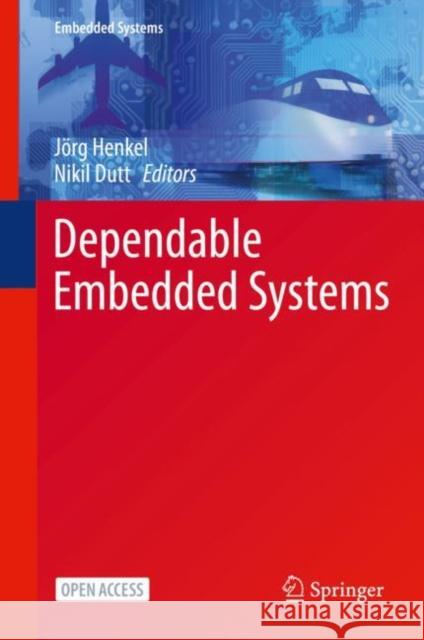Dependable Embedded Systems » książka
topmenu
Dependable Embedded Systems
ISBN-13: 9783030520168 / Angielski / Twarda / 2020 / 608 str.
Kategorie:
Kategorie BISAC:
Wydawca:
Springer
Seria wydawnicza:
Język:
Angielski
ISBN-13:
9783030520168
Rok wydania:
2020
Wydanie:
2021
Numer serii:
000390992
Ilość stron:
608
Waga:
1.03 kg
Wymiary:
23.39 x 15.6 x 3.33
Oprawa:
Twarda
Wolumenów:
01
Dodatkowe informacje:
Wydanie ilustrowane











